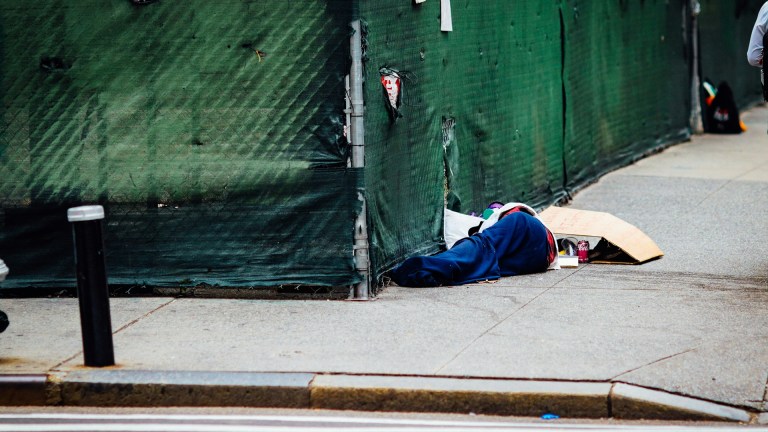School music lessons are in a “perilous state” thanks to “chaotic education policies”, according to a the Musicians’ Union.
Research by the organisation found that classroom teachers see music as “squeezed within their schools”, and “suffering from a ‘league table’ approach to subjects”. Over the past eight years, the number of post-graduate teaching students training as music teachers has fallen from over 850 to just 250 a year.
As part of the report, a survey of 825 instrumental teachers found that 64.8 per cent were “completely lacking in confidence in the government’s handling of music education. Just 0.1 per cent were “completely confident”.
In February, the Big Issue reported that more than 100,000 pupils across Scotland were being shut out of music tuition because of fees and staff shortages. The crisis was brought into view after Midlothian council announced plans to axe free music tuition – which it later reversed after a public outcry.
The report’s authors, Middlesex University reader Jonathan Savage and Musicians’ Union official David Barnard, also highlighted the precarious employment of many music teachers – including through “bogus self-employment” and zero-hours contracts.
They criticised the impact of the English Baccalaureate, a league table metric based on several core subjects, saying this had caused schools to prioritise other subjects over music. “The detrimental effects of the EBacc and accountability measures must be acknowledged and reversed by policy makers,” they wrote. Only 4.7 per cent of instrumental teachers said they thought the EBacc had had any positive effect.









